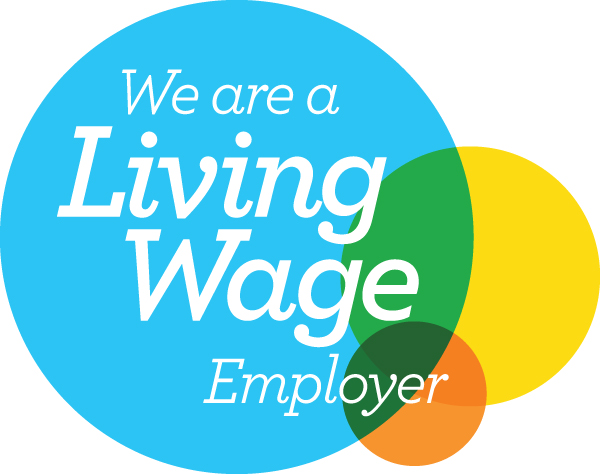Important Differences Between The National Minimum Wage, Living Wage & National Living Wage
Since the government introduced the National Living Wage, there has been much confusion as the National Minimum Wage, National Living Wage and Living Wage sound so similar. As part of Living Wage Week we set out the important differences that employers and employees need to understand.
Steps were taken by the Government in 1999 to stamp out the economic exploitation of workers by introducing the National Minimum Wage. This set minimum hourly rates of pay based on the age of the UK worker or employee. Rates currently start at £3.40 for apprentices under 19, rising to £6.70 for workers and employees aged 21-24.
Enforcement is carried out by HM Revenue and Customs who can take employers to court for not paying the National Minimum Wage. In 2016 Brighton and Hove Albion Football Club fell foul of these provisions when they were ‘named and shamed’ by HMRC. This was unfortunate because the club believed they were offering a young person the opportunity to volunteer. This would have meant they were exempt from paying the National Minimum Wage. This example shows the need for all employers to be aware of the legal distinctions between volunteers and employees, particularly when paying expenses. Free advice can be obtained from Gov.uk to help employers avoid inadvertently breaching the National Minimum Wage provisions.
The Living Wage was initiated by the Living Wage Foundation for employees and workers who are 18 or above because the rates for the National Minimum Wage were so low and did not cover basic living costs. This rate was increased on 6 November 2017 to £8.85 per hour, but in London, where the cost of living is higher, it was increased to £10.20 per hour.
The Living Wage is particularly important in Brighton and Hove and London where the cost of living is extra high. An employee, 25 years or over, employed by a Living Wage employer, receives £2047.50 more than someone who is paid the National Minimum Wage.
On 1 April 2016, the government introduced the National Living Wage, which was a step in the right direction, as it is compulsory, but only for workers aged 25 or over. This increased the hourly minimum wage rate for 25’s and over from £6.70 to the National Minimum Wage rate of £7.20 per hour. Although this rate will be updated annually, it is still considerably lower than the Living Wage and does not include younger workers and employees.
This week is Living Wage Week and whilst the Living Wage is still voluntary, employers who publicly commit to paying their employees the Living Wage positively differentiate themselves from their competitors. This not only increases their chance of attracting the very best talent, but also of retaining valuable employees and workers.
We have always been keen to support the Living Wage Campaign and our firm signed up as a Living Wage Employer in December 2014.
Our Employment Law team regularly advise and train local employers and HR, and offer free training at our HR Groups, HR Digital Media and HR Matters which is for all sectors. We emphasise best practice and the importance of building your organisation’s reputation as a fair and equitable employer.
We urge all employers who can afford to, or who may already be paying the Living Wage or above, to join the Living Wage Campaign. You can find out more information about the Living Wage Foundation and accreditation here.
We also advise employees on their rights to the National Minimum Wage and National Living Wage as well as representing them in the Employment Tribunal to enforce these rights.
If you are an employer or employee and need specialist advice on the National Minimum Wage, the Living Wage and the National Living Wage, please contact our specialist Employment Law team today on 01273 609911, or at info@ms-solicitors.co.uk.



